

Billy Ngawini
Intervista a Billy Ngawini nelle due versioni Italiano ed Inglese. Ringrazio per la disponibilità le traduzioni e il supporto Silvia Stievano addetta stampa Rugby Rovigo Delta.
Ciao Billy ti presenti al mondo del touch?
Il mio nome è Billy Ngawini. Ho 33 anni e sono il quinto di otto figli in una grande e sportiva famiglia in Nuova Zelanda. Gioco il rugby professionistico da quando ho 19 anni, e ho giocato in Nuova Zelanda, Australia, Francia e Italia.
A quanti anni hai cominciato a fare sport nel tuo paese?
Ho iniziato a praticare sport all’età di 5, non appena ho iniziato la scuola. Quell’anno ho iniziato atletica, t-ball (softball modificato) e ovviamente il rugby, ma abbiamo anche iniziato un programma che ha coperto tutti gli sport.
In Italia difficilmente si praticano più sport da giovani. Si indirizzano i giovani ad un unico sport fin da piccoli. Noi vediamo All Black che continuano a fare più sport anche da professionisti (golf, boxe, rugby a 13, cricket, ecc.). Che ne pensi?
[one_third last=”no”][colored_box color=”yellow”]Il rugby touch è eccellente per potenziare l’abilità con la palla[/colored_box] [/one_third]Nelle scuole neozelandesi abbiamo un programma sportivo che copre tutti i diversi tipi di sport per un paio di settimane ciascuno: permette agli studenti di capire quale sport preferiscono e in quale eccellono. Tutti gli studenti sono obbligati a partecipare, a meno che non siano malati. Penso che sia importante praticare più sport in quanto questo migliora continuamente il proprio bagaglio di abilità. Per esempio la boxe favorisce la resistenza, l’atletica è utile per la velocità esplosiva, il rugby touch è eccellente per potenziare l’abilità con la palla e il gioco di gambe: tutte queste abilità possono essere applicate al rugby e ad altri sport, ti rendono un atleta a tuttotondo.
A che età si può cominciare a pensare di diventare professionisti? Quando cioè realizzi l’idea che dal gioco semplice possa diventare lavoro?
Tutti sognano di essere un All Black in Nuova Zelanda, ma una volta che ingrani con il liceo inizi a pensare di poter diventare un professionista, tanto più se consideri l’alto livello della preparazione in Nuova Zelanda, che si vede nei ragazzi grandi, fisici e molto abili. Attualmente esistono programmi di rugby nelle scuole per i migliori giocatori, per cercare di sviluppare le loro abilità affinché siano utili per le squadre rappresentative del loro territorio, della loro provincia. C’è un percorso chiaro e un sacco di sostegno in modo che non sembra impossibile, se si lavora duro.
Quanto ha contribuito la scuola e quanto il club nella tua formazione di giocatore?
Le scuole aiutano molto. Ci sono programmi di rugby nelle scuole in cui la formazione si concentra su tutti gli aspetti del rugby e allena quasi quanto un team di professionisti. Club e scuola hanno un solo obiettivo: migliorare i propri giocatori affinché riescano a passare al livello successivo.
In NZ la Federazione Rugby ha esaminato il fenomeno scolastico. Se in età scolastica un ragazzo abbandona uno sport, poi lo riprende solo in rari casi. Qual è la tua opinione?
Il rugby è uno sport speciale. Alcune persone sono naturalmente portate e possono apprenderlo molto velocemente, per esempio Jonah Lomu non ha toccato un pallone fino all’età di 14 anni! Si tratta di casi rari però.
In Italia si sta pensando al Touch come mezzo di promozione nelle scuole. In altri paesi come Inghilterra, Irlanda, Nuova Zelanda, le Rugby Union stanno creando accordi con le federazioni di Touch. Pensi che possa essere una buona idea?
[one_third last=”no”][colored_box color=”yellow”]Tutta la mia famiglia ha praticato il touch rugby[/colored_box] [/one_third]Penso che sarebbe una grande idea. Il rugby touch permette a tutti i giocatori (qualunque sia la propria forma fisica) di iniziare lo sport della palla ovale, e questo vale anche per le ragazze. È uno sport fantastico per il fitness e lo sviluppo delle competenze, ma è anche molto eccitante da giocare e da guardare. È molto fisico in termini di fitness, ma nessuno rischia di infortunarsi gravemente o fare male agli altri. Tutta la mia famiglia ha praticato il rugby touch, i miei fratelli e sorelle come me hanno tutti giocato per la nazionale neozelandese. La nostra passione per il rugby touch è iniziata a scuola e da allora è stata una parte fondamentale della nostra vita.
Le corse del Touch, i cambi di direzione, il passaggio, le corse negli intervalli, sono skills che si possono trasmettere anche al rugby? Sono simili o differenti?
Le principali abilità che si apprendono con il rugby touch sono importanti anche nel rugby. Personalmente sono convinto che il touch mi abbia aiutato enormemente nello sviluppo delle mie capacità di rugby: devo molto al touch.
Cosa potresti consigliare ad un giovane che inizia a praticare lo sport?
Ho iniziato con lo sport per fare qualcosa insieme ai miei amici. La prima cosa che vorrei consigliare a chi inizia è di godere come un bambino. Praticare uno sport perché lo ami e per trovare un grande gruppo di amici che ti fanno venir voglia di rialzarti ogni volta. Quando si vuole fare il passo per il livello successivo, per diventare un professionista, le cose più importanti sono: mettere sempre il 100% in ogni aspetto della vostra formazione, e cercare costantemente di migliorare.
Il movimento rugbystico italiano sta passando un periodo di scarsi risultati. Secondo te è solo una questione di ricambio generazionale oppure si deve intervenire in maniera specifica sulla formazione tecnica e atletica?
C’è sicuramente bisogno di porre maggiormente l’accento sullo sviluppo dei giovani, a partire dalla scuola, ma anche la competizione d’Eccellenza non è abbastanza forte. C’è un chiaro percorso in Nuova Zelanda per sviluppare un giocatore a passare dalla scuola alle formazioni di provincia al Super Rugby per poi arrivare gli All Blacks. Qui si tratta di un percorso difficile, bisogna o andare all’estero per essere notato o cercare di entrare in una delle due squadre di franchising – senza contare che anche la politica svolge un ruolo importante. Per questo, quindi, si vedono molti giocatori che lasciano il gioco quando sono ancora giovani, con conseguente mancanza di spessore e opzioni per la squadra nazionale.
Ti ringrazio molto Billy per la splendida chiacchierata e ti invito a venire a farci visita l’11 luglio se sarai nei paraggi…
English version
Make a short presentation of yourself
My name is Billy Ngawini. I am 33 years old, and am the fifth of eight children in a big sporting family in New Zealand.I have been playing rugby professionally since the age of 19, and have played in New Zealand, Australia, France and Italy.
At what age did you start playing sports in your country?
I started playing sport at the age of 5, as soon as I started school. That year I started athletics, t-ball (modified softball) and obviously rugby, but we also started a program that covered all sports.
In Italy it is difficult for young people to do more sports: teenagers are routed to a single sport since childhood. We see All Black who continue to do more sports even when they become professionals (golf, boxing, rugby 13, cricket, etc.). What do you think about this?
In NZ schools we have a sports program that covers all kinds of different sports for a few weeks each. It allows students to see which ones they enjoy most and excel at. All students are obligated to attend, unless they are sick. I think it’s important to cover other sports as it continually improves your skill set – boxing is good for stamina, athletics is good for explosive speed, touch rugby is excellent for ball skills and footwork – all of these things can be applied to rugby and other sports. All in all it makes you a more rounded sportsman.
At what age can you start thinking of becoming professionals? When you realize that the idea of the simple game can become a job?
Everyone dreams of being an All Black in New Zealand, but once you hit high school you start thinking of being a professional, especially as you are doing well at that level in New Zealand, as the teenagers are big, physical and very skilled. There are now rugby programs in schools for the best players, to try and develop them up for their local area, then their province and the rep teams. There is a clear pathway and lots of support so it doesn’t seem impossible if you work hard.
How much did the school and how much the club in your training to become a player?
The schools help a lot. There are rugby programs in schools where training focuses on all aspects of rugby and trains nearly as much as a professional team. Club and school teams have one objective – to improve their players to play at the next level.
In New Zealand the Rugby Federation has examined the scholastic phenomenon: if a school-age boy abandons a sport, then resumed only in rare cases. What is your opinion?
Rugby is a special sport. Some people are naturally skilled and can pick it up really quickly, for example Jonah Lomu didn’t touch a ball until he was 14. These are rare cases though.
In Italy we are thinking about the Rugby Touch as a means of promotion in schools. In other countries such as England, Ireland, New Zealand, the Rugby Union are creating agreements with the federations of Touch. Do you think that might be a good idea?
I think that would be a great idea. Touch rugby allows players of all sizes to have a go, and girls too. It’s fantastic for fitness and skill development, but it’s also very exciting to play and to watch. It’s physical in terms of fitness, but no one gets injured either.All of my family play touch, and my brothers and sister as well as myself have all played together for the New Zealand national team. Our passion for touch rugby started at school and it’s been a big part of our lives since then.
The races of the Rugby Touch, changes of direction, the passage, the races in the intervals, are skills that can be transmitted also to rugby? Are similar or different?
The main skills of touch rugby are some of the important skills in rugby also. I definitely feel I owe some of my rugby ability to my development in touch rugby.
What could you recommend to a young man who begins to practice sport?
I first played sport to do something with my friends. The first thing I would encourage is to enjoy it as a kid. Do it because you love it and find a great group of friends who make you want to turn up every time. When you want to take the step up to the next level, to become a professional, the most important things are to put 100% into every aspect of your training, and always look to improve.
The Italian rugby movement is going through a period of poor results. Do you think it’s just a matter generational turnover or you must take specific action on technical training and athletic?
There definitely needs to be more emphasis on developing the youth, from a school level, but also the excellenza competition is not strong enough.There’s a clear pathway in New Zealand to develop a player from school to province to Super Rugby to the All Blacks. Here it’s a difficult pathway, you have to either go overseas to be noticed or try and get into one of the two franchise teams – and there’s a lot of politics involved.So because of this we see players leaving the game too young resulting in a lack of depth in options for the national team.
Classifica Campionato Italiano 2023 – 2024
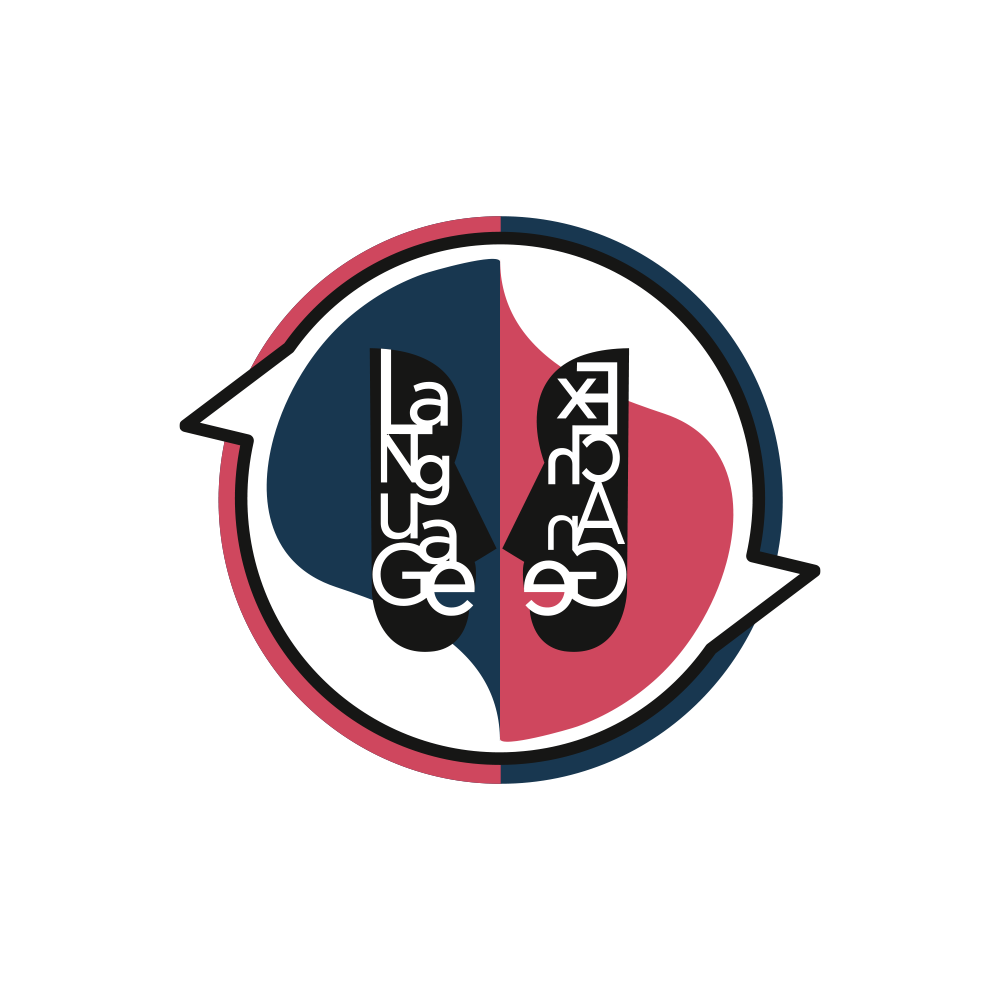 |
Scambio di Lingue Padova | 1149 |
 |
Verona Touch | 1084 |
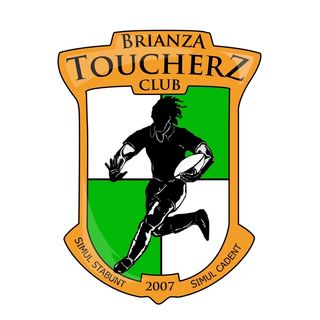 |
Brianza Toucherz | 736 |
 |
Bersaglieri Sanniti Touch | 694 |
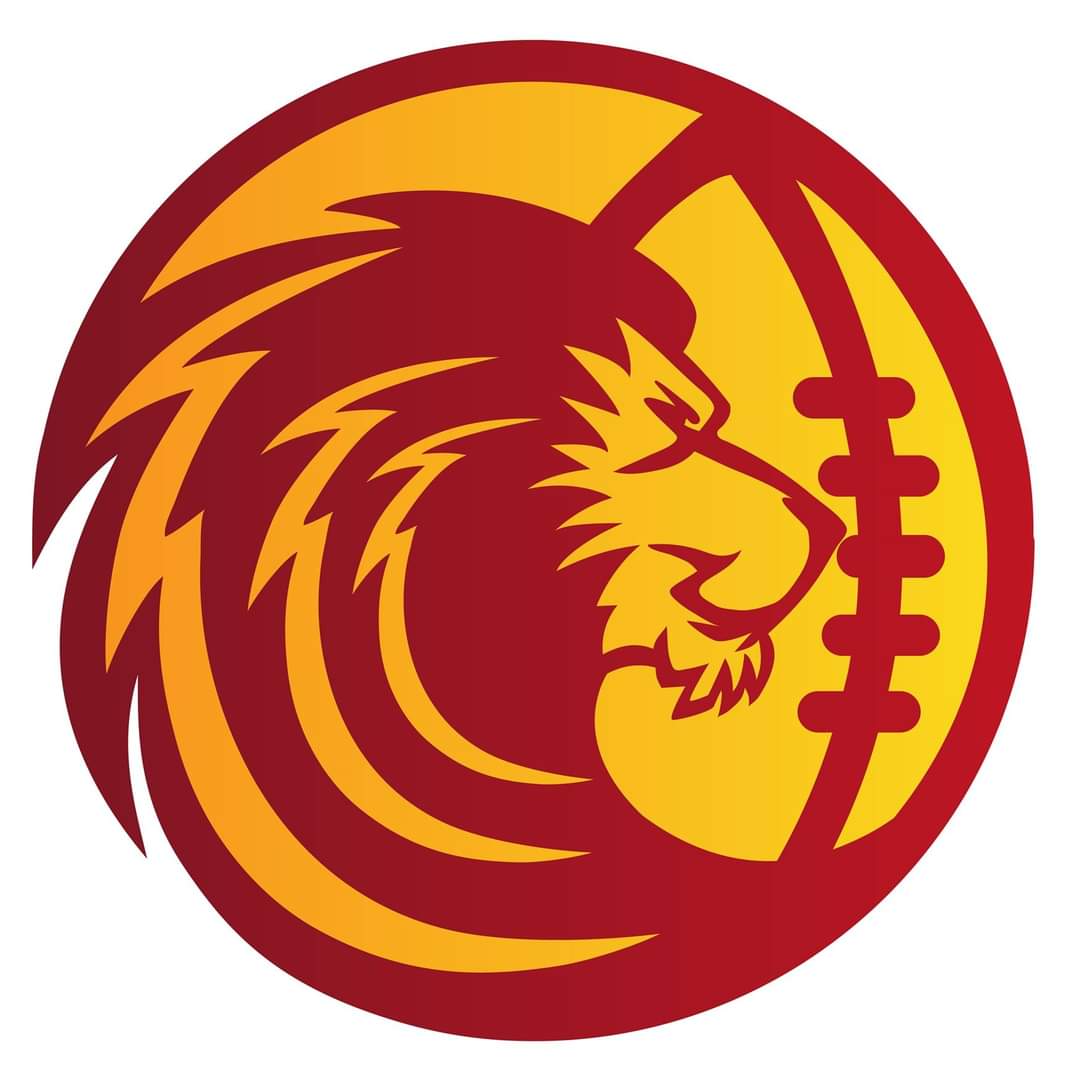 |
Mezzi&Mezzi | 692,5 |
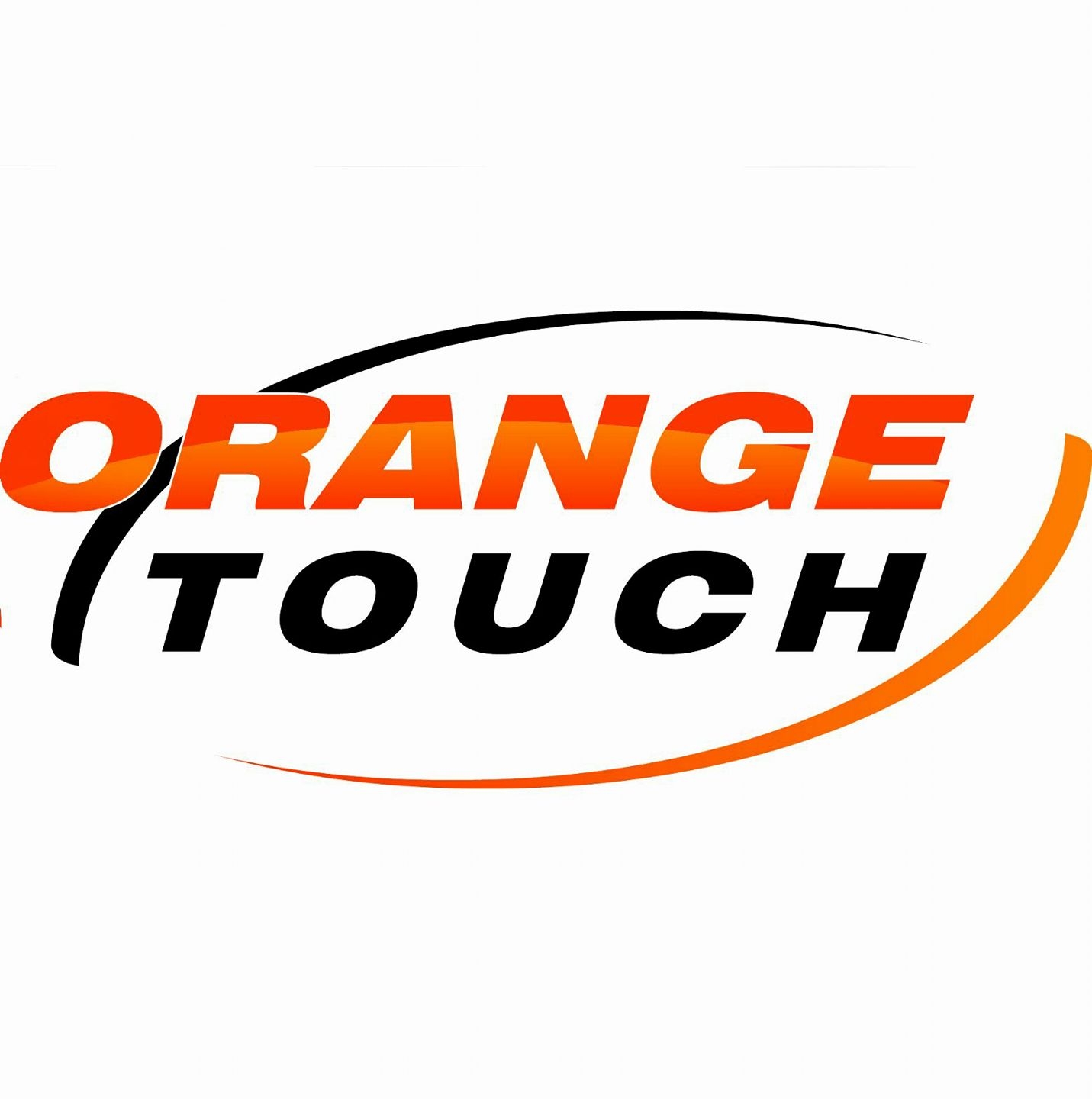 |
Orange Touch | 687 |
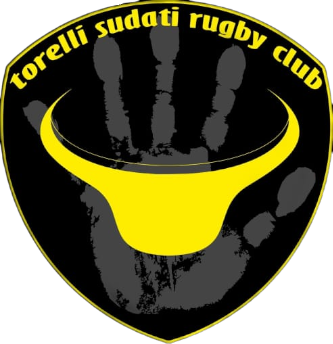 |
Torelli Sudati | 634 |
 |
Touch Roma | 556,5 |
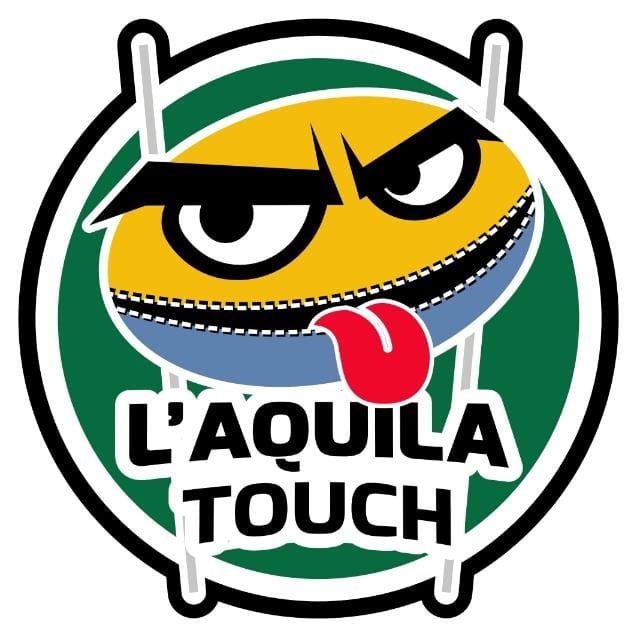 |
L’Aquila Touch | 376,5 |
 |
I Toccati | 327,5 |



